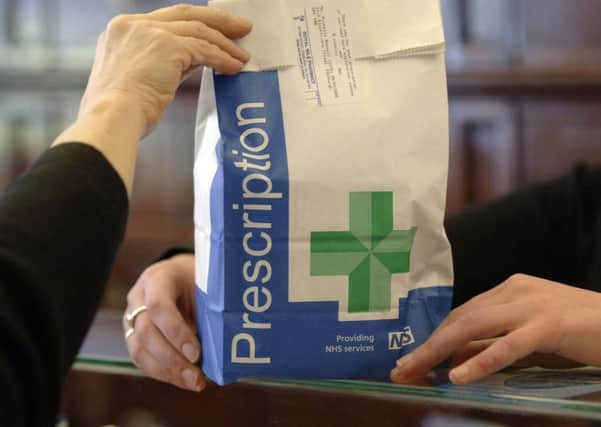Comment: We deliver far more than doctor ordered


Community pharmacy is now often a first port of call for patients’ healthcare needs. Pharmacists are experts in medicines and it is this expertise that is used when a prescription enters the pharmacy. Every prescription has to be clinically checked to ensure it is safe and appropriate for the patient. This clinical check consists of a number of factors; patient age (care has to be taken with children and elderly patients with their medicine), indication (is what is prescribed what the patient expected?), dose (is it correct and safe?) and interactions (is the patient on other medication that will be affected?).
Recent studies indicated one in 201 items have mild to moderate prescribing errors attached to them and one in 5,501 have a serious error. This is where pharmacists should be able to use their skills to pick up on these errors. This partnership between GP and community pharmacist supports safe and effective patient care.
Advertisement
Hide AdAdvertisement
Hide AdIf the medicine can be bought in a pharmacy it must be safe to take. Medicines are classed in three categories: prescription only; pharmacy only; and general sales list. The latter can be sold, often in smaller packs (eg paracetamol), from a number of outlets such as petrol stations and newsagents.
This doesn’t necessarily make them completely safe and anyone unsure or with long-term conditions/medication should always check with their pharmacist, but it does increase availability further than pharmacies only.
Pharmacy-only medicines should be sold from community pharmacies after it can be ascertained there will be no problems for the patient and they are fully aware of dose and potential side effects. That is why many of these sales are conducted with additional questions from trained pharmacy teams. Even herbal medicines although freely available from other outlets can cause issues with other medicines and many should be checked, particularly for patients with long-term conditions.
Community pharmacies make money from ordinary retail sales – with the exception of large supermarket pharmacies and a few larger high street pharmacies, retail sales actually provide a small amount of turnover (less than 5 per cent). Pharmacies traditionally sold a wide variety of toiletries etc, but the growth of the supermarket chains and the internet has led to reduced opportunities for smaller retailers and pharmacy has been no exception. Depending on the locality you may have noticed a change to many pharmacy premises in the last decade with a greater emphasis on healthcare related sales and less space for general retail.
Premises more conducive to professional service delivery with patients (eg with private consultation areas) are also more commonplace. With so much income being derived from NHS service provision, it is important pharmacy premises and staff are geared towards professional service delivery.
Pharmacists spend all their time filling prescriptions – the pharmacist of yesteryear may have made up lotions and potions but that has long since disappeared. Typical tasks include counselling on medications, checking for interactions with other medications, making assessments and recommendations based on the symptoms patients present, assisting patients with a wide variety of healthcare needs (such as smoking cessation) and speaking to fellow professionals to help support patients.
Pharmacy teams only fill prescriptions; they are not allowed to do patient care – today’s pharmacy teams, led by the pharmacist, work with patients to determine their needs and what care should be provided. This “pharmaceutical care” is all about identifying, resolving and preventing medication-related problems. This is achieved by working with individual patients and other healthcare professionals. Training is delivered to support staff to ensure they have the necessary skills to work in a pharmacy. The profession, including community pharmacies, is regulated by the General Pharmaceutical Council to ensure patients’ safety.
So next time you enter a community pharmacy consider what other opportunities there may be for you to tap into the services and knowledge delivered through the Scottish pharmacy network.
• Harry McQuillan is chief executive officer of Community Pharmacy Scotland communitypharmacyscotland.org.uk
SEE ALSO